KEEPING YOUR HEAD CLEAR
Don’t feel like you have to ‘suck it up;’ experts suggest exercise, communication, compassion as keys to happiness
Prowl reporter Lucyjane Crimm fills her “think time” by engaging in “art time.”
Why is it socially acceptable for us to tell an individual struggling with their mental health to “suck it up,” but as soon as someone has a chronic, physical illness, everyone is there to offer support?
It’s nearly impossible to do anything without hearing about COVID-19 and to an extent, this is good. We need to stay informed in order to stay healthy and safe, but there are other things to factor in. People who struggle with their mental health have been affected by the COVID-19 pandemic in ways many people can’t understand, unless they have experienced it.
The National Association on Mental Illness is calling for all people to be aware of the impact this crisis is having.
“We recognize that people affected by mental illness face additional challenges dealing with COVID-19,” NAMI CEO Daniel H. Gillison, Jr. said on nami.org. “Now, more than ever, it’s important to remember that there is no health without mental health. During these difficult times, we encourage you to take care of yourselves and check in on loved ones. You are not alone, and we will get through this together.”
This widespread pandemic, which is keeping Park County School District 1 closed at least through April 17, has created anxiety throughout the world. And those who already suffer from mental illnesses are hit differently by the isolation, the constant spurge of information and by those who once had told them to “suck it up” when they were suffering now looking for the support they would never offer. According to the American Psychological Association, “Loneliness, it seems, can lead to long-term ‘fight-or-flight’ stress signaling, which negatively affects immune system functioning. Simply put, people who feel lonely have less immunity and more inflammation than people who don’t.”
Being quarantined for weeks on end might have bore most people, which does really suck, but for those suffering from mental illnesses, this gives them time to think. Think time can be really good for most people, but for those suffering from anxiety, depression, PTSD, etc., this leads much more often to feelings of hopelessness, questioning beliefs, mental tension, rekindling past- abusive- relationships and poor decision-making.
Though some may handle this by blasting a Blink-182 song and sobbing for hours at a time, for others this might lead to suicidal thoughts and tendencies. Unfortunately when there is lots of time to fill with thoughts, said thoughts may not always be in good nature, especially when it feels like living in the world was miserable enough without an ever spreading pandemic. In order to combat these persisting, haunting thoughts it’s important to keep your mind busy, while also being productive.
Though you need to be quarantined, there is nothing stopping you from spending some of your day outside. This is a good opportunity to go outside and play with your dog or go outside and practice mindfulness, these are two activities that can help preoccupy your thoughts while also doing something productive to help improve yourself.
With gyms closed and sports postponed most people will fall into habits of inactivity, this is good for neither the body nor the brain. Take some time to ponder what you need to improve on physically as an individual, then use your free time to improve those skills; playing music or an audiobook in the background can help keep your thoughts from wondering.
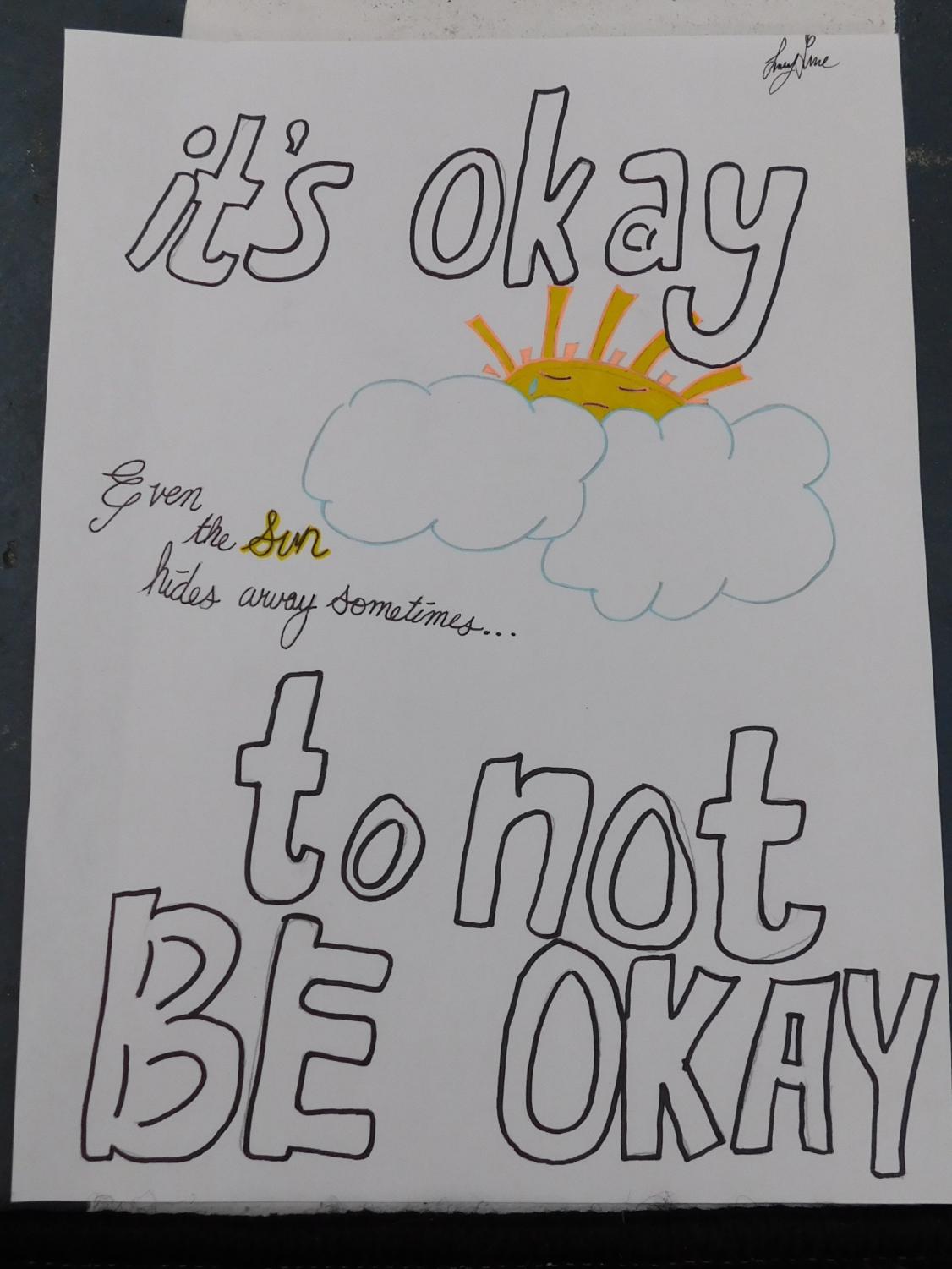
Prowl reporter Lucyjane Crimm’s final product displays a positive message to help spread positivity to others.
According to Intermountain Healthcare, “Doing moderate exercise about five times a week can dramatically help your mood. Moderate exercise is a level of activity where it is difficult to sing from your diaphragm while doing it. Also pay attention to how the type of food or drink you’re eating influences your mood. You don’t have to do fad diets, but anyone will be depressed if they frequently binge on carbs, junk food, and energy drinks. Remember the virtue of moderation.” There are many videos online that can give you some workout procedures and help you stay active while stuck at home.
Creativity can blossom while you’re trying to get out of your own thoughts; try picking up a new hobby or improving on one you already have. Start a new art project, try your hand at journaling, or pick up that instrument that you haven’t touched in months; with activities that can invite you to get stuck in your own head like painting or journaling, you should play music to help redirect your thoughts.
Lastly, don’t be afraid to reach out. There are many sources that can help you during this time, some of which will be put at the bottom of this story, so please ask for help when you reach a point where nothing seems worthwhile anymore. It’s okay to not be okay, you are not alone.


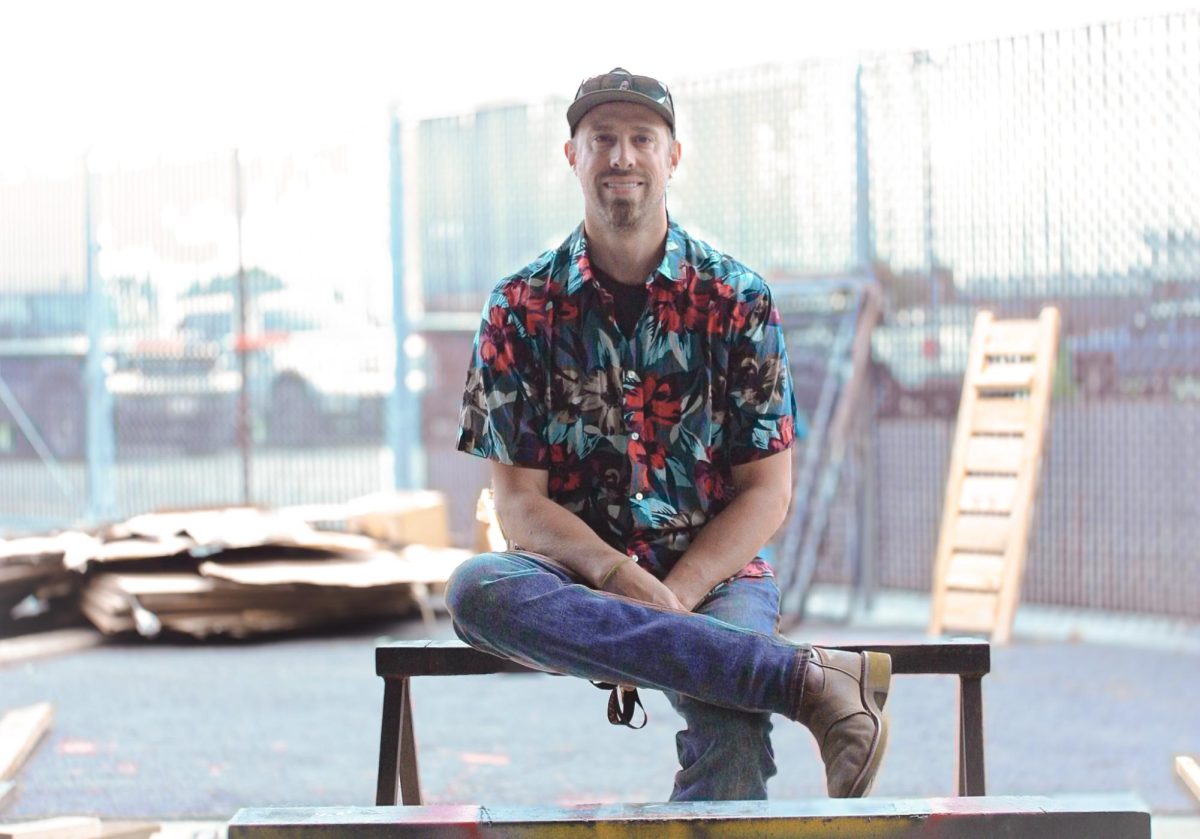


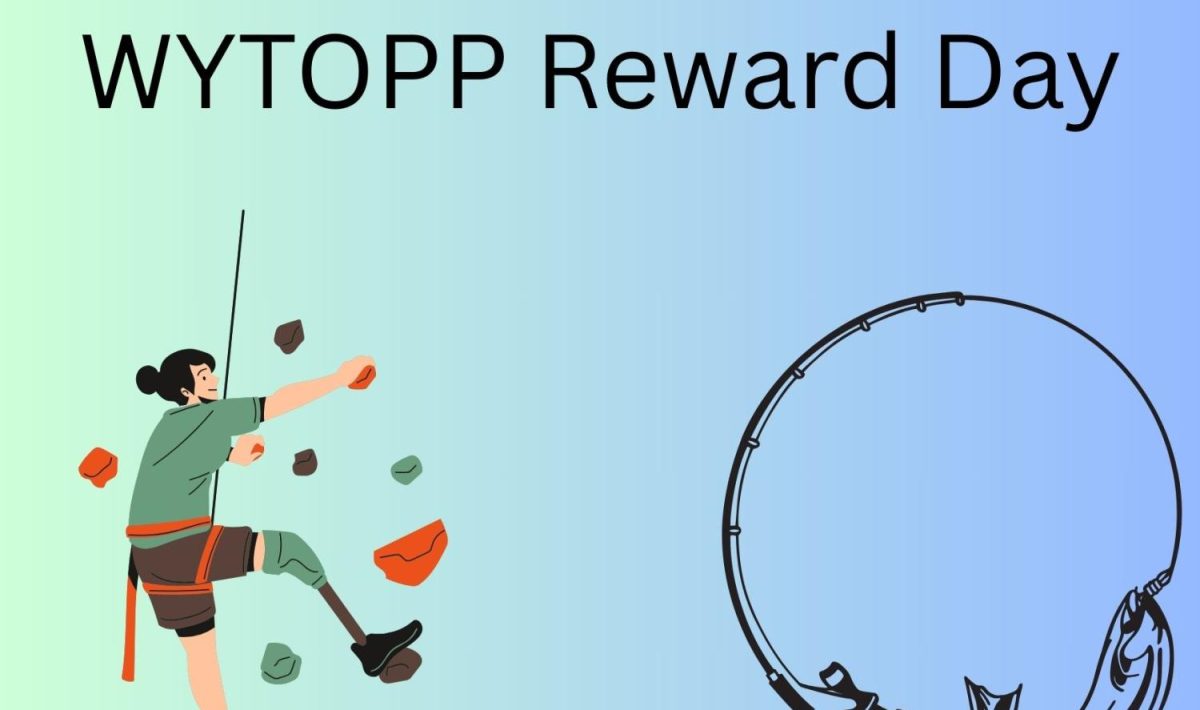
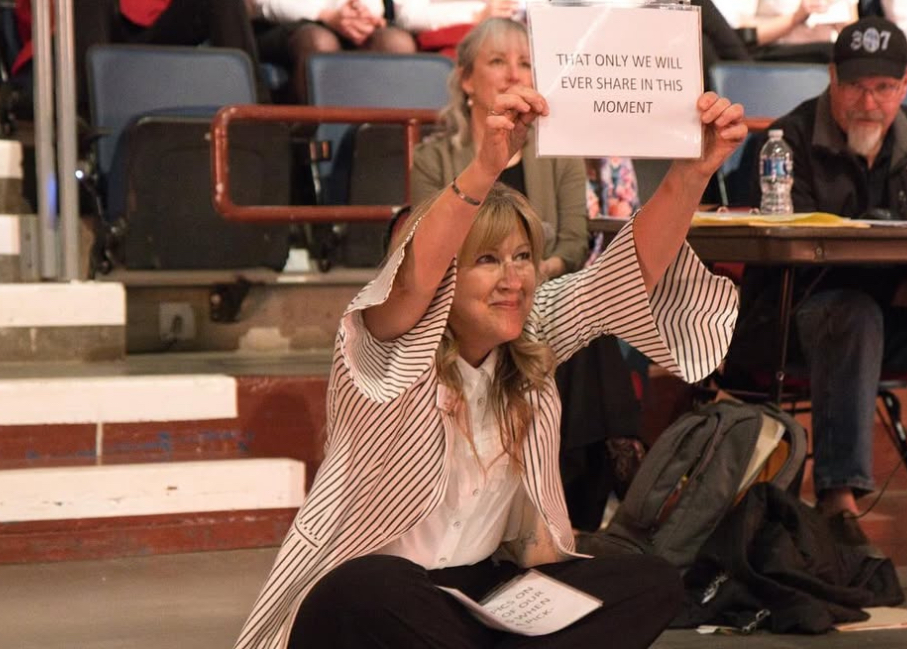






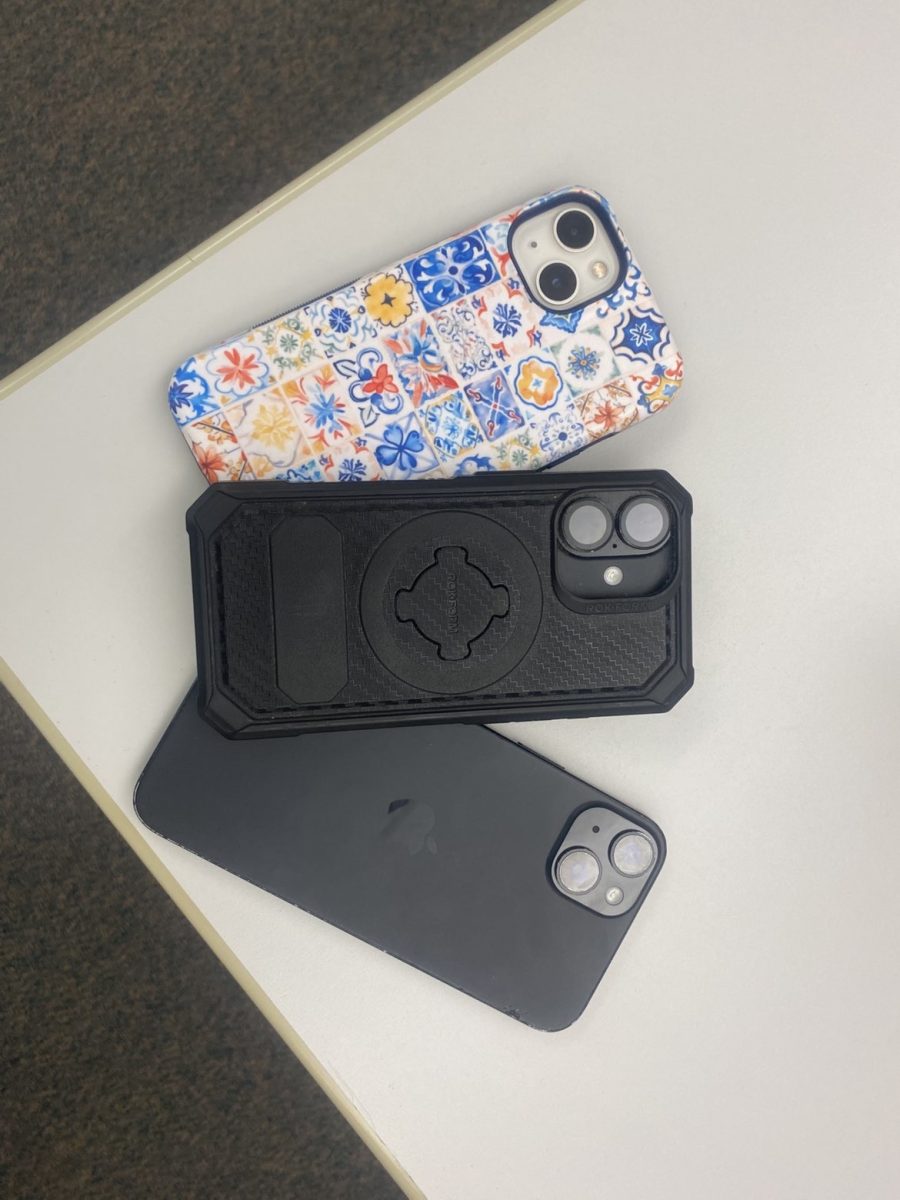



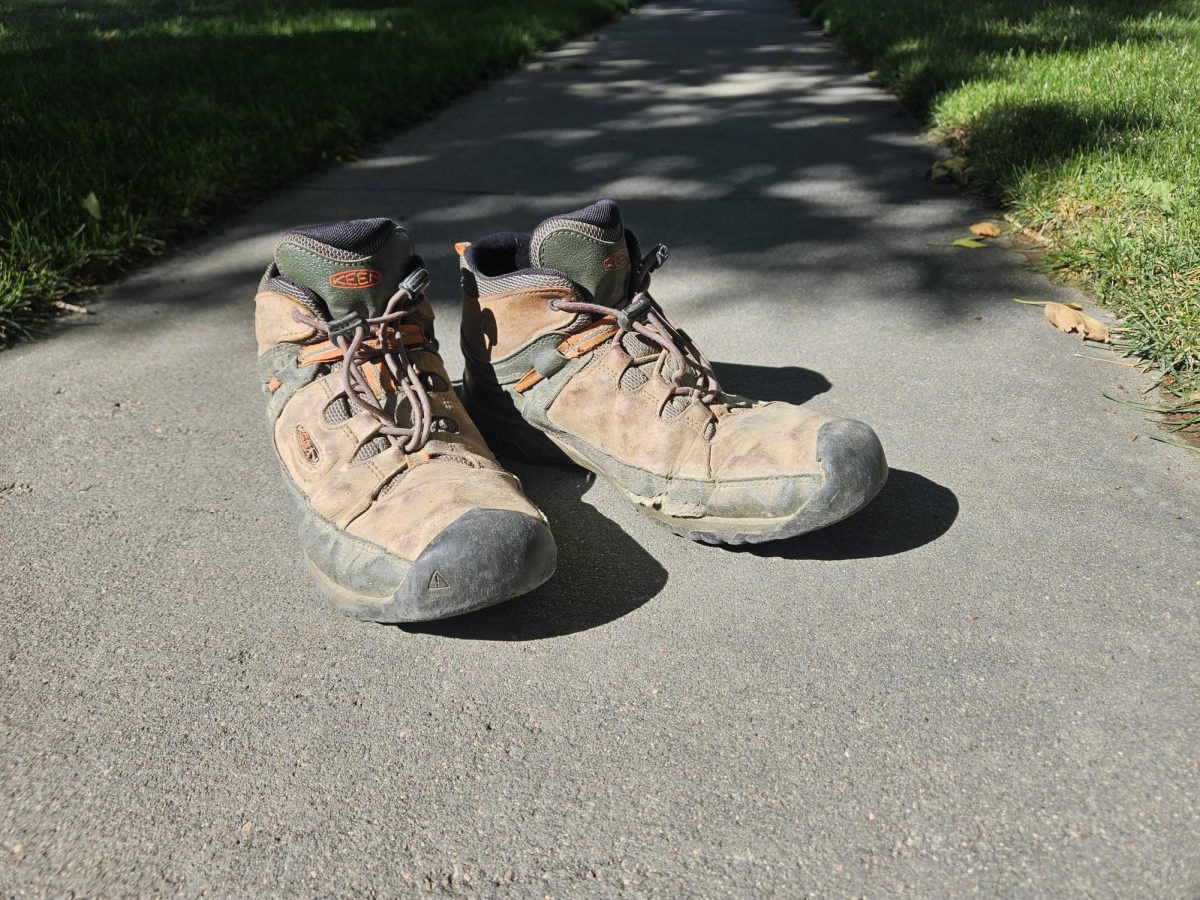











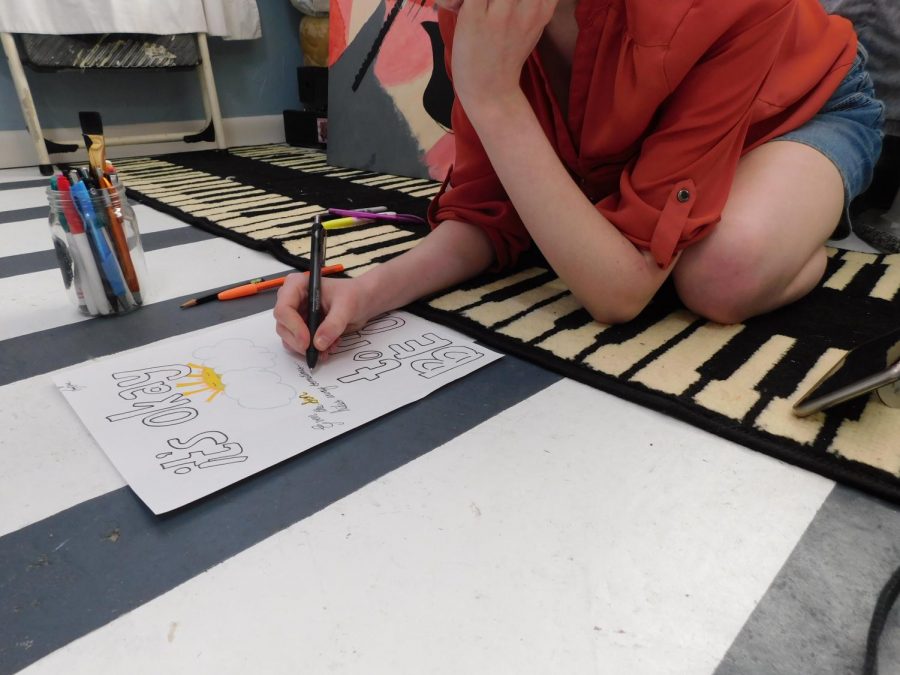
Hannah Saville • Apr 25, 2020 at 10:57 am
https://www.verywellmind.com/protect-your-mental-health-during-quarantine-4799766
This is another very good article talking about mental health during covid-19. I agree with everything that you said. A lot of people aren’t doing well mentally and it is difficult for them to be active. A lot of people are angry at themselves for not keeping up their daily tasks or not wanting to do anything except sleep or watch TV. Sleeping a lot, feeling constantly tired, feeling unmotivated especially towards tasks that used to bring you joy can be signs of depression. There are a lot of people who are struggling right now. Quarantine is a blessing and a curse, keeping people safe from covid-19, but blocking us from healthy interaction.
Rachel Gutierrez • Apr 16, 2020 at 1:51 pm
I agree with this article. It never occurred to me that people with mental illnesses were having a harder time. All the talk is on the pandemic but we don’t really question how this makes people feel. I agree that isolating yourself and family is good but you don’t necessarily need to spend all your time in your home. It is good to go out and get some fresh air and clear your mind with the thousand of thoughts of what is next.